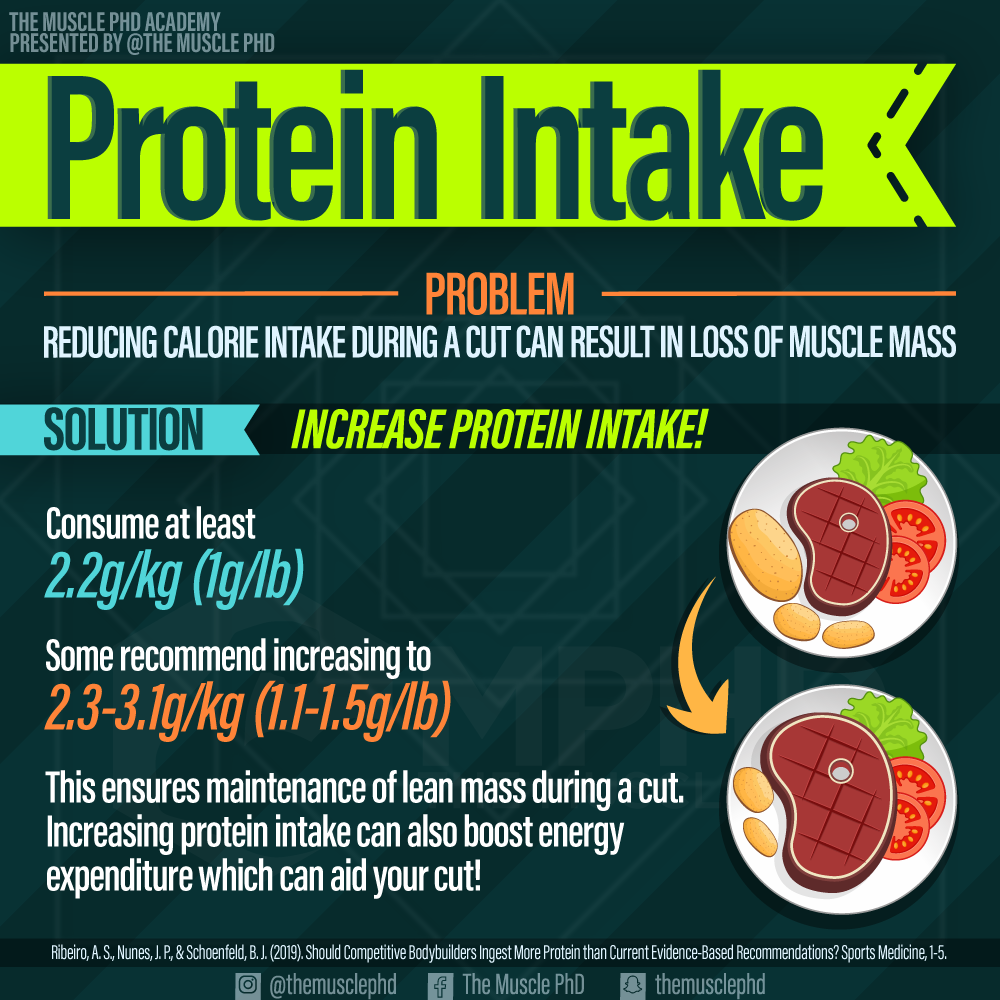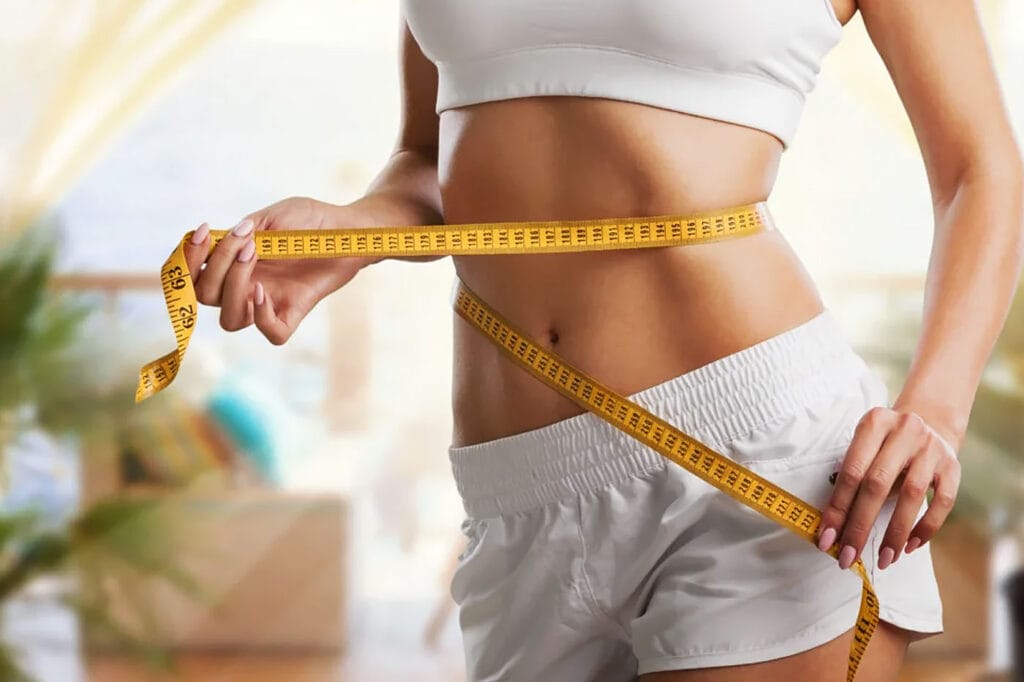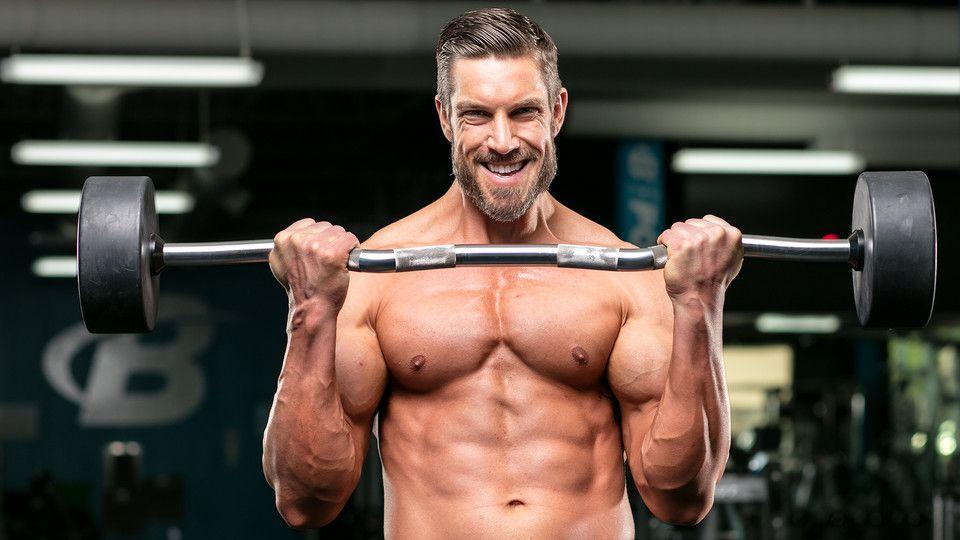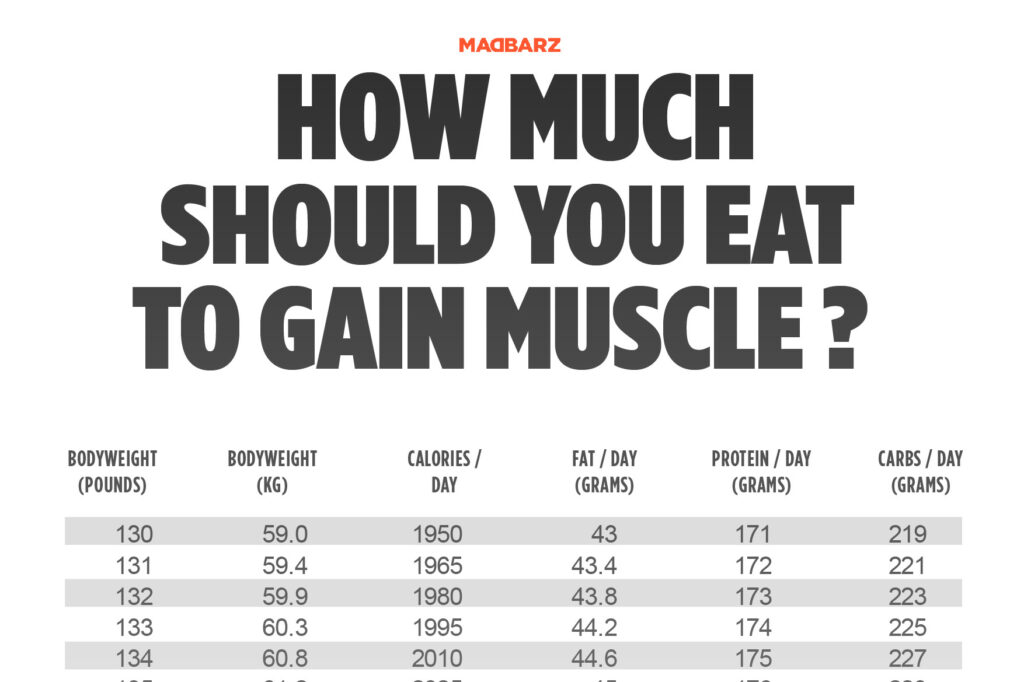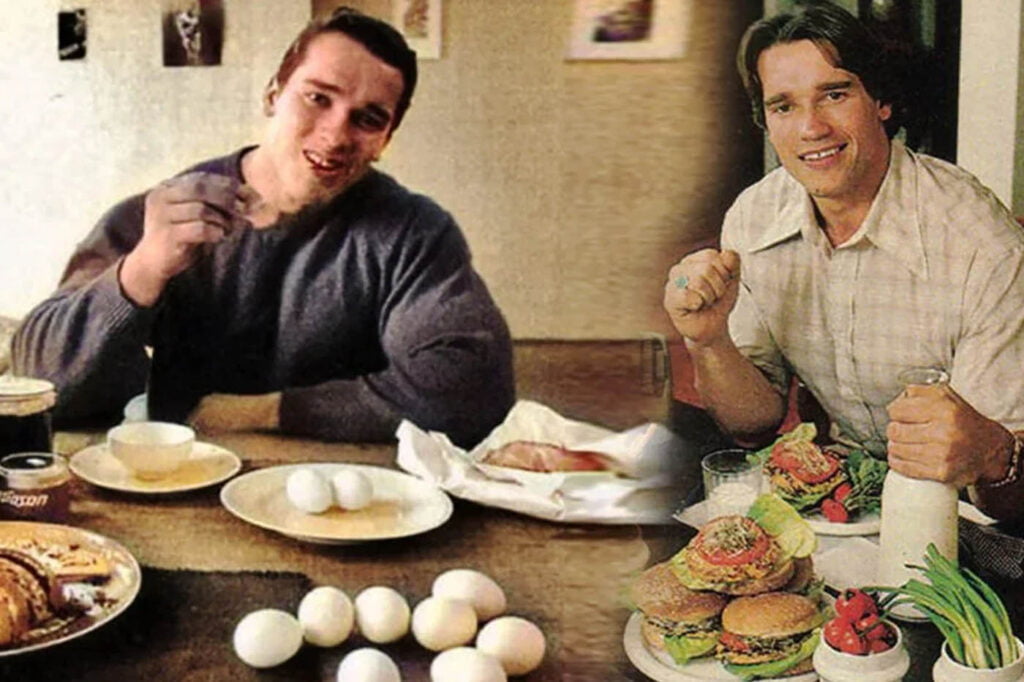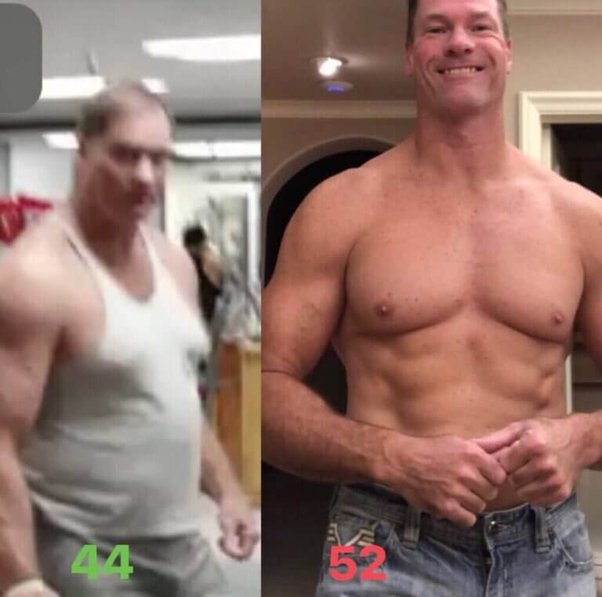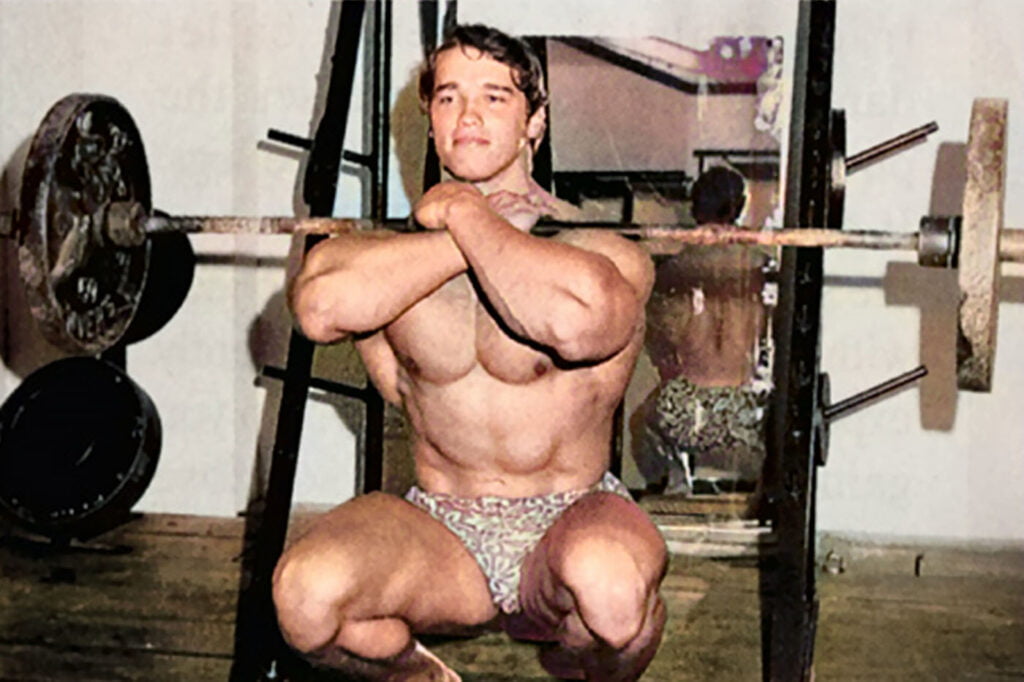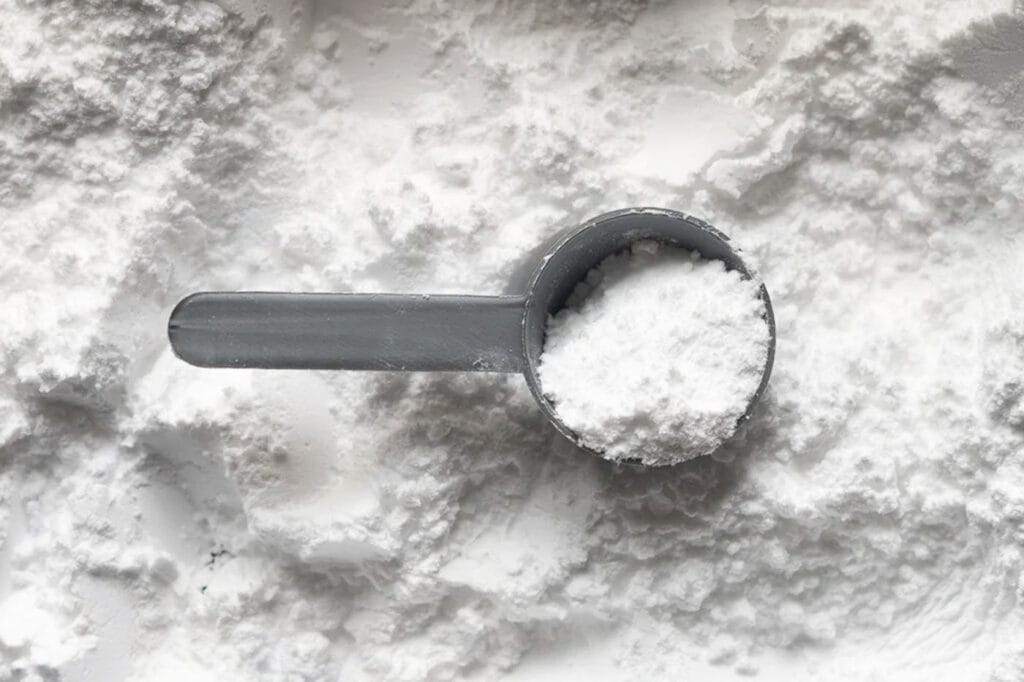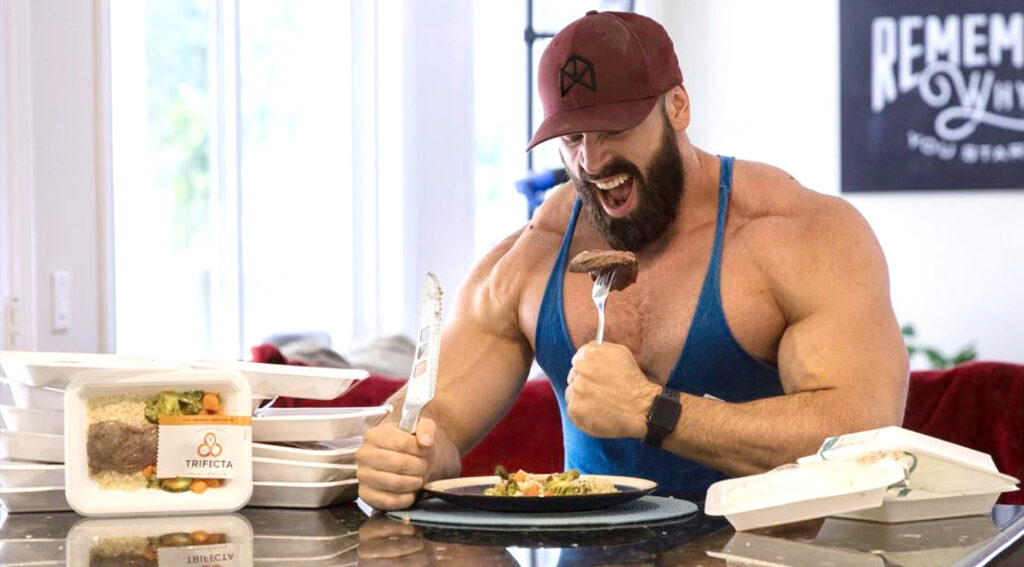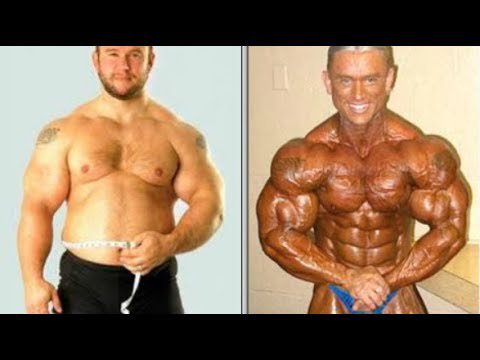Aim for 1.0 to 1.2 grams of protein per pound of body weight when cutting for bodybuilding. This helps preserve muscle mass.
Cutting in bodybuilding requires a careful balance of nutrients to maintain muscle and lose fat. Protein intake is crucial during this phase. It not only helps in muscle preservation but also assists in recovery and satiety. Consuming the right amount of protein ensures your hard-earned muscles are protected while you reduce caloric intake to shed fat.
Along with protein, a well-structured diet and exercise regimen are essential. Focus on lean protein sources like chicken, fish, and plant-based options to meet your protein goals efficiently. Proper planning and consistency are key to successful cutting in bodybuilding.
Importance Of Protein In Cutting
Protein helps keep muscles strong. It stops muscle loss during cutting. Cutting means eating less to lose fat. But you want to keep muscles. Eating enough protein helps with that. Muscles need protein to repair and grow. Without enough protein, muscles get weak. So, protein is very important during cutting.
Protein helps boost metabolism. Metabolism is how your body burns calories. Eating protein makes your body work harder to digest it. This burns more calories. More protein means a faster metabolism. A fast metabolism helps you lose fat. It helps you keep your energy high. So, protein is good for both muscles and metabolism.

Credit: m.youtube.com
Daily Protein Requirements
Bodybuilders need more protein than average people. Protein helps build and repair muscles. Aim for 1.2 to 2.2 grams of protein per kilogram of body weight. Weigh 70 kg? You need 84 to 154 grams of protein daily. Spread protein intake across meals. This keeps muscles fueled all day. Use a food scale to measure protein accurately.
Several factors affect your protein needs. Activity level is crucial. More active people need more protein. Age also matters. Older adults may need extra protein. Gender can influence needs. Men often need more protein. Body composition is another factor. More muscle means higher protein needs. Consider these factors when planning your diet.
Best Protein Sources
Chicken breast is a great source of protein. It is low in fat and very filling. Turkey is also rich in protein and keeps you full. Eggs offer protein and essential nutrients. Greek yogurt is high in protein and helps with digestion. Fish like salmon and tuna provide protein and healthy fats. Beef and pork are rich in protein and iron. Milk is an easy way to add protein to your diet.
Beans and lentils are excellent for protein. They also have fiber. Tofu and tempeh are great meat substitutes. Quinoa is a grain that is high in protein. Nuts and seeds provide protein and healthy fats. Chickpeas are versatile and packed with protein. Edamame is a tasty snack with lots of protein. Peas can be added to many dishes for extra protein.
Timing Protein Intake
Eating protein before a workout is vital. It helps muscle recovery and growth. Aim for 20-30 grams of protein. Choose sources like chicken, fish, or plant-based proteins. A protein shake is also a good option. It digests quickly and is convenient. Combine protein with some carbs. This will give you energy for your workout.
Having protein after your workout is just as important. It aids in muscle repair and growth. Aim for 20-30 grams of protein again. Whey protein shakes are popular. They are fast-digesting and effective. You can also eat whole foods like eggs or tofu. Try to have this meal within 30 minutes of finishing your workout. This timing helps maximize muscle recovery.
Protein Supplements
Protein supplements play a crucial role in bodybuilding, especially when cutting. Consuming 1. 2 to 2. 2 grams of protein per kilogram of body weight helps maintain muscle mass while losing fat. Proper protein intake ensures effective recovery and sustained energy levels during intense workouts.
Whey Protein
Whey protein is popular among bodybuilders. It helps in muscle recovery. It is fast-digesting and can be taken after workouts. Whey provides essential amino acids. It is effective for muscle growth. Choose a high-quality whey protein. Avoid added sugars and fillers. Whey protein can also boost your metabolism. It is a convenient option for busy schedules.
Casein Protein
Casein protein digests slowly. It is ideal before bedtime. It provides a steady release of amino acids. This helps in muscle recovery overnight. Casein can keep you full for longer. It is good for those who struggle with hunger. Choose a high-quality casein protein. Look for minimal additives. Casein is also rich in calcium. This supports bone health.
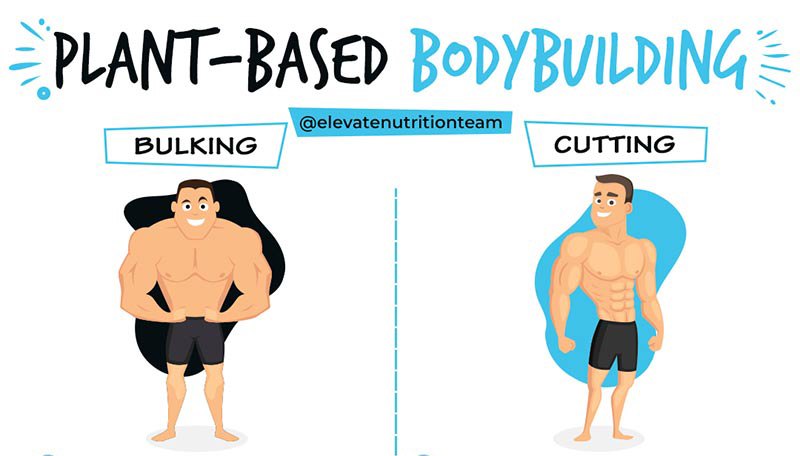
Credit: www.elevatenutrition.com
Balancing Protein With Other Nutrients
Carbohydrates provide energy for workouts. Aim for complex carbs like whole grains and vegetables. Fats are also essential. Healthy fats support hormone production. Include sources like avocados, nuts, and olive oil. Balancing these nutrients helps maintain muscle while cutting.
Micronutrients are vital for overall health. Vitamins and minerals support bodily functions. Consume a variety of fruits and vegetables. These foods offer a range of micronutrients. Consider a multivitamin if your diet lacks variety. Staying healthy aids in effective bodybuilding.
Common Mistakes To Avoid
Many bodybuilders make the mistake of not adjusting protein intake correctly while cutting. Consuming too little protein can lead to muscle loss, while too much can hinder fat loss.
Overconsumption Of Protein
Eating too much protein can be harmful. It can cause kidney strain and digestive issues. Balance is the key. Aim for around 1.2 to 2.2 grams of protein per kilogram of body weight. More protein doesn’t always mean more muscle. Excess protein can be stored as fat. It’s important to measure your intake carefully. Don’t forget to drink plenty of water.
Neglecting Other Nutrients
Many bodybuilders focus only on protein. This can lead to nutrient deficiencies. Carbohydrates and fats are also important. Carbs give you energy for workouts. Healthy fats support hormone production. Vitamins and minerals help overall health. A well-rounded diet is crucial. Include fruits, vegetables, and whole grains. Don’t ignore these essential nutrients.
Sample Meal Plans
Start your day with eggs. Scramble or boil them for a quick meal. Add Greek yogurt with berries for a sweet touch. Oatmeal with a scoop of protein powder is another great option. Top it with nuts for extra crunch. Cottage cheese with fruit is also a delicious choice. Make a smoothie with spinach, banana, and protein powder. These breakfast ideas are quick and easy.
Choose almonds or walnuts for a quick snack. Beef jerky is another high-protein option. Protein bars are convenient and portable. Hard-boiled eggs are easy to prepare and eat. Greek yogurt with a drizzle of honey makes a tasty snack. Keep hummus with veggie sticks on hand. These snacks help keep you full and energized.

Credit: themusclephd.com
Frequently Asked Questions
Is 200g Protein Too Much For Cutting?
Consuming 200g of protein daily can be excessive for cutting. It may strain kidneys and hinder overall progress. Consult a nutritionist.
How Much Protein Do I Need A Day To Cut Weight?
To cut weight, aim for 0. 8 to 1. 2 grams of protein per pound of body weight daily. This supports muscle maintenance and fat loss.
How Much Protein A Day To Get Ripped?
Aim for 1. 2 to 2. 2 grams of protein per kilogram of body weight daily to get ripped.
Is 100g Protein Enough On A Cut?
100g protein can be enough on a cut, depending on your body weight and activity level. Aim for 0. 8-1g per pound.
Conclusion
Finding the right protein intake is crucial for cutting in bodybuilding. It helps maintain muscle mass and boosts recovery. Aim for 1. 2 to 1. 6 grams per kilogram of body weight. Always consult with a nutritionist to tailor your protein needs.
This ensures you achieve optimal results safely and effectively.

